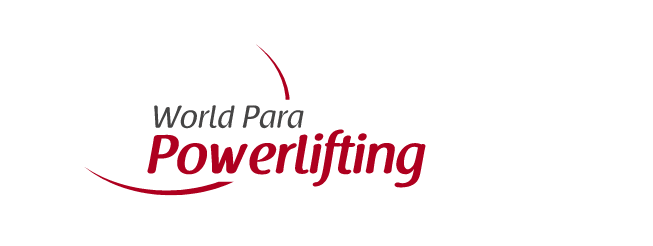Two powerlifters suspended for Anti-Doping Rule violations
The International Paralympic Committee (IPC) has announced that two powerlifters – United Arab Emirates’ (UAE) Rashed Hassan Ahmed and Kazakhstan’s Oleg Gridassov - have been suspended and fined for separate Anti-Doping Rule violations committed at the 2014 IPC Powerlifting World Championships in Dubai, UAE. 28 Jul 2014
IPC Anti-Doping Committee member Joseph de Pencier held informative sessions with athletes and team staff at the 2013 IPC Powerlifting Open European Championships in Aleksin, Russia.
For both athletes, all results obtained from the date of the test and onwards, will be disqualified with all the resulting consequences including forfeiture of any medals, points, records and prizes.
Ahmed returned an adverse analytical finding for dehydrochloromethyl-testosterone and its metabolites in a urine sample provided on 10 April 2014 after he had competed in the men’s up to 97kg class.
This substance is included on the World Anti-Doping Agency (WADA) 2014 Prohibited List under the category S1.1a Exogenous Anabolic Androgenic Steroids (AAS) and is prohibited both in and out of competition. As a result of his violation, Ahmed will be ineligible from competition for two years from 10 April 2014 (date of test) and fined EUR 1,500.
Gridassov tested positive for dehydrochloromethyl-testosterone and its metabolites in a urine sample provided on 8 April 2014 after he had competed in the men’s up to 80kg competition.
This substance is included on the World Anti-Doping Agency (WADA) 2014 Prohibited List under the category S1.1a Exogenous Anabolic Androgenic Steroids (AAS) and is prohibited both in and out of competition.
As a result he has been suspended from competition for two years from 8 April 2014 (date of test) and fined EUR 1,500.
For both athletes, all results obtained from the date of the test and onwards, will be disqualified with all the resulting consequences including forfeiture of any medals, points, records and prizes.
The principle of strict liability applies to anti-doping matters. Therefore, each athlete is strictly liable for the substances found in his or her sample, and that an anti-doping rule violation occurs whenever a prohibited substance (or its metabolites or markers) is found in his or her bodily specimen, whether or not the athlete intentionally or unintentionally used a prohibited substance or was negligent or otherwise at fault.
As a signatory of the World Anti-Doping Code (WADC), the IPC remains committed to a doping free sporting environment at all levels. The IPC, together with the International Federations and the National Paralympic Committees, established the IPC Anti-Doping Code to prevent doping in sport for Paralympic athletes, in the spirit of fair play. The IPC Anti-Doping Code is in conformity with the general principles of the WADC.
For further information, please visit the IPC website.

 Facebook
Facebook
 Instagram
Instagram
 Twitter
Twitter
 Youtube
Youtube
